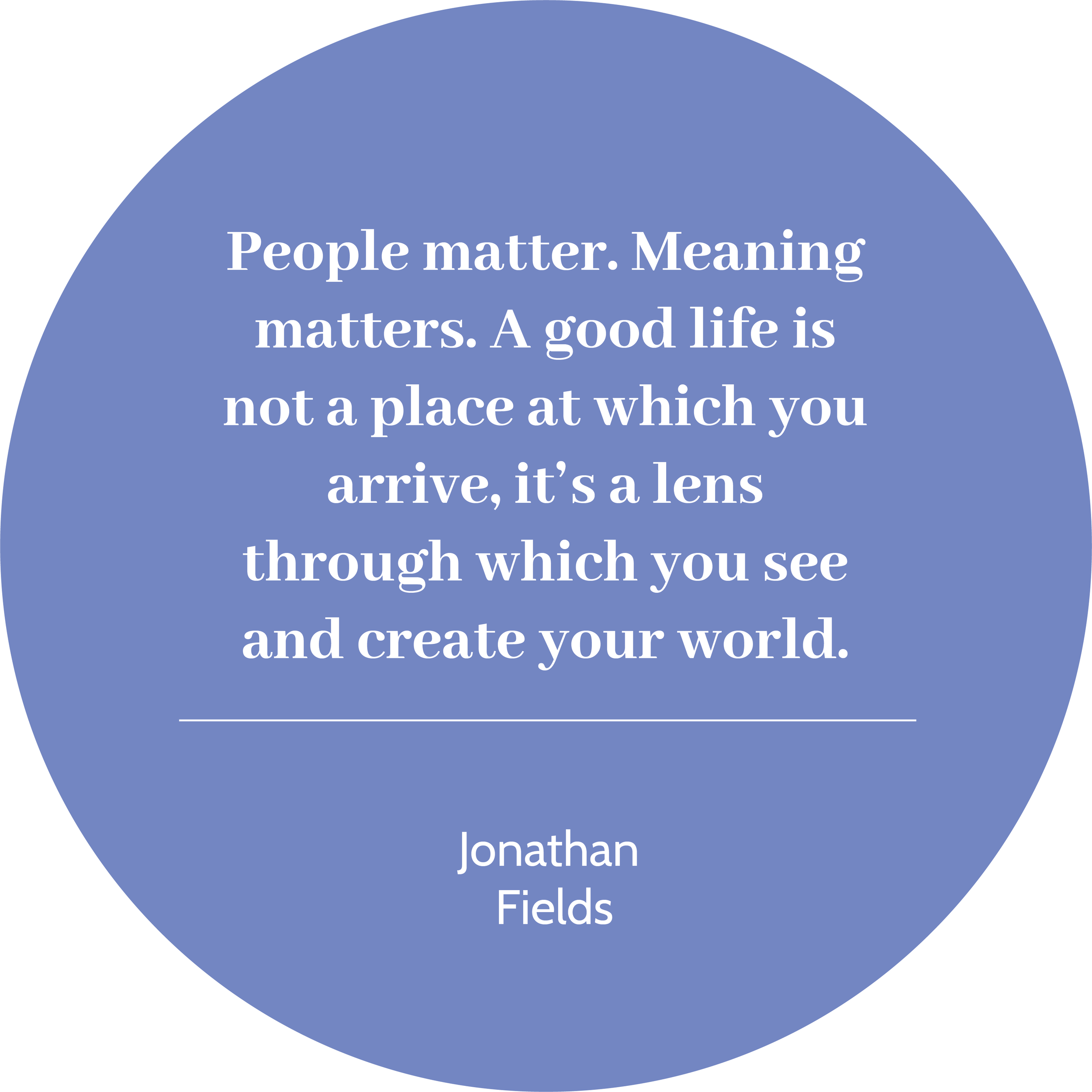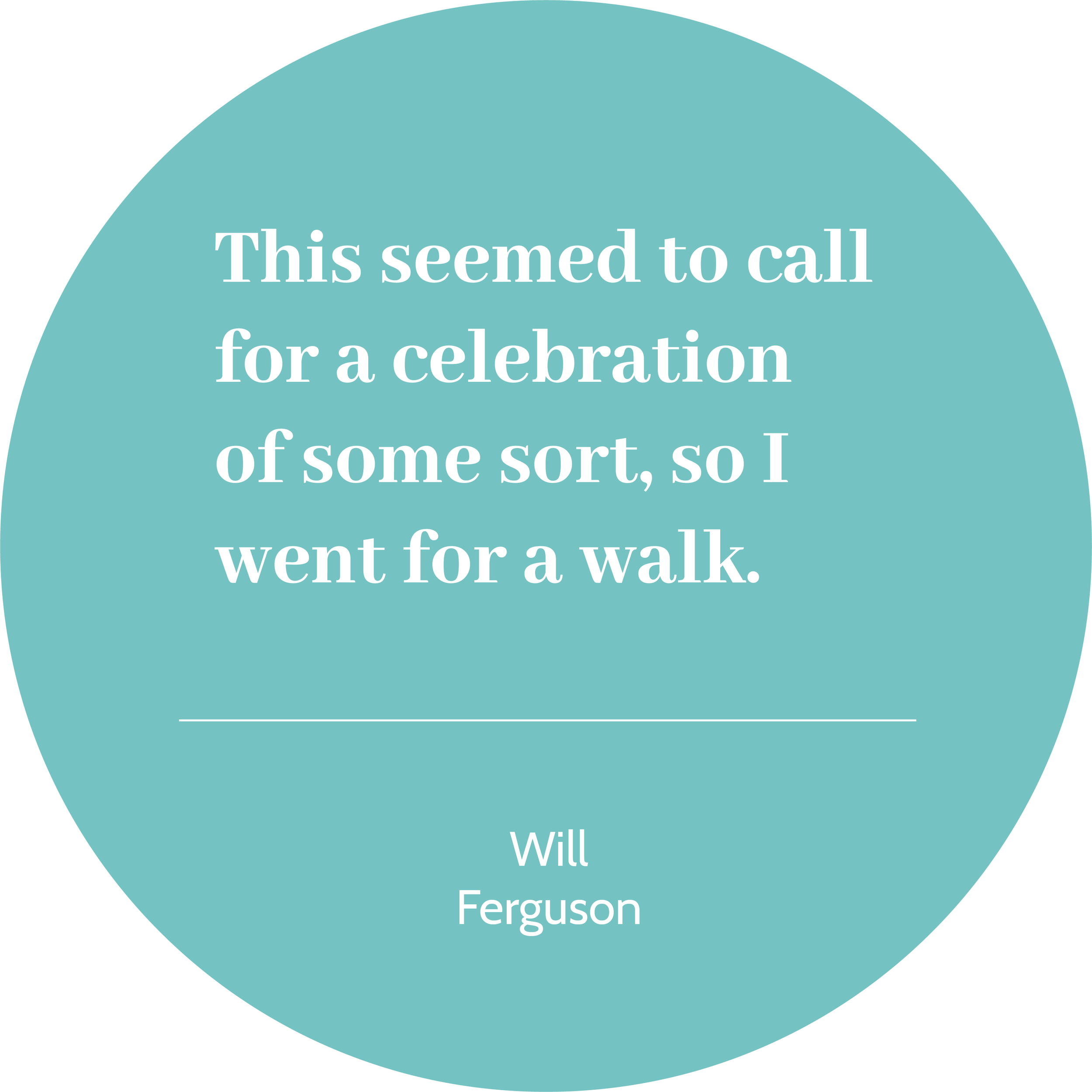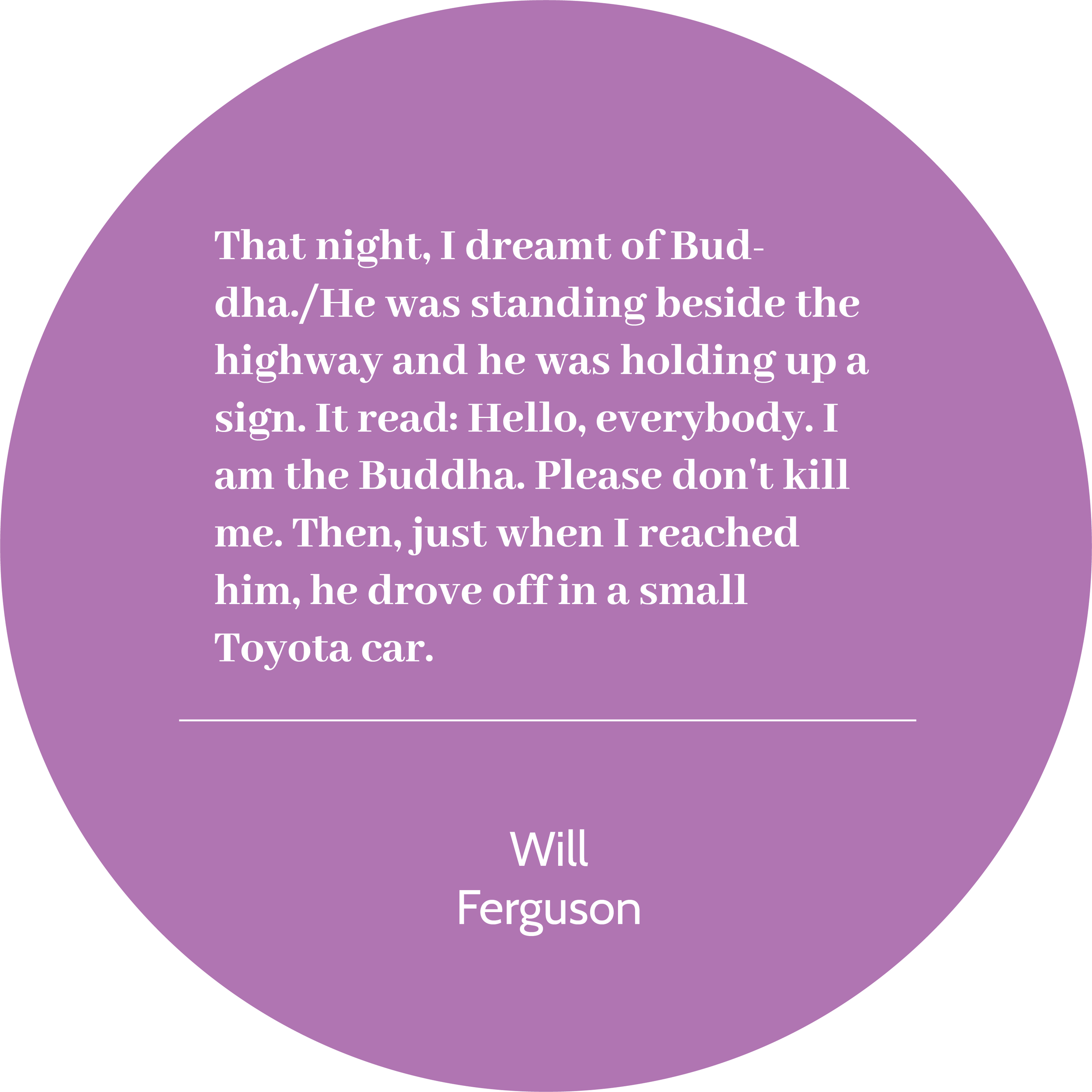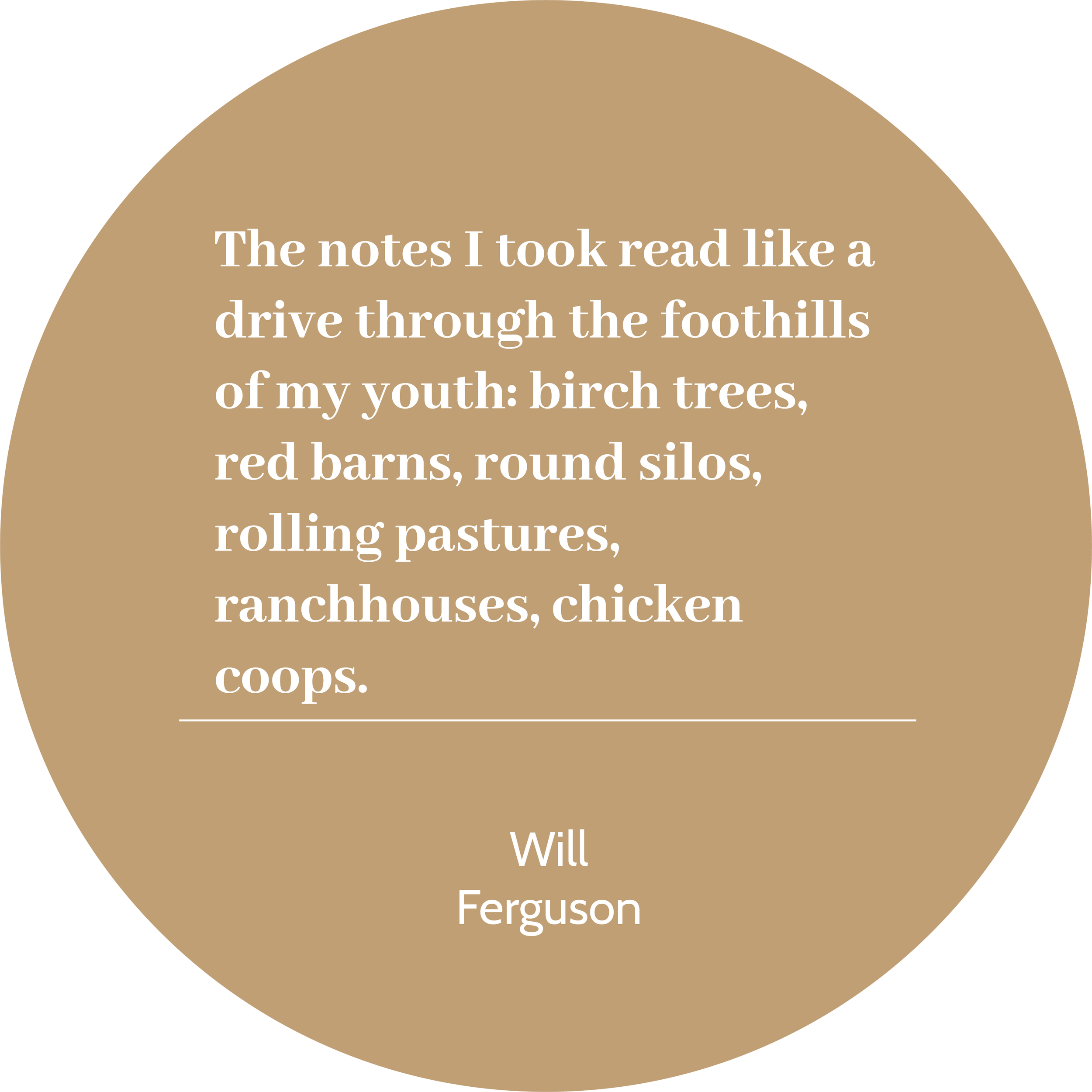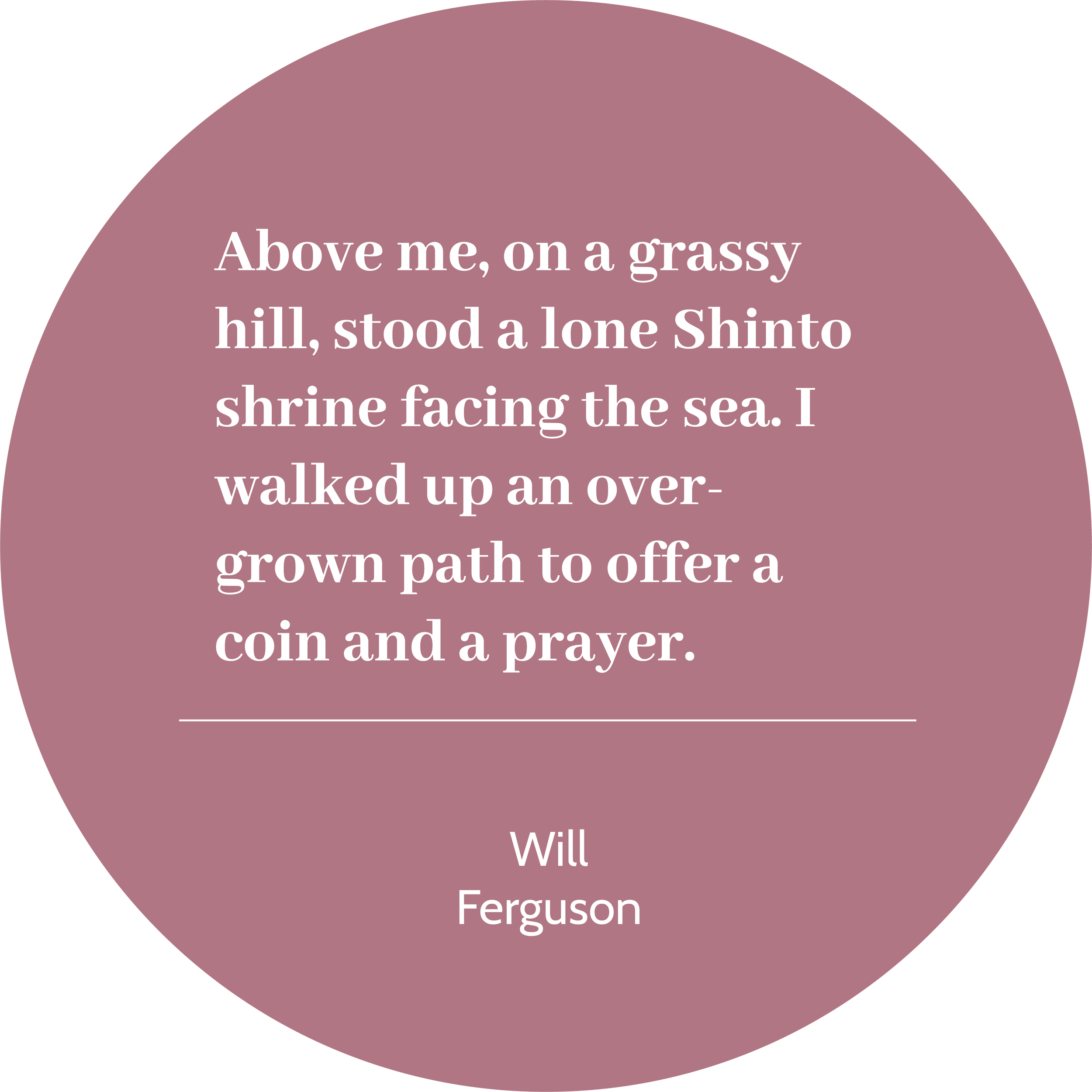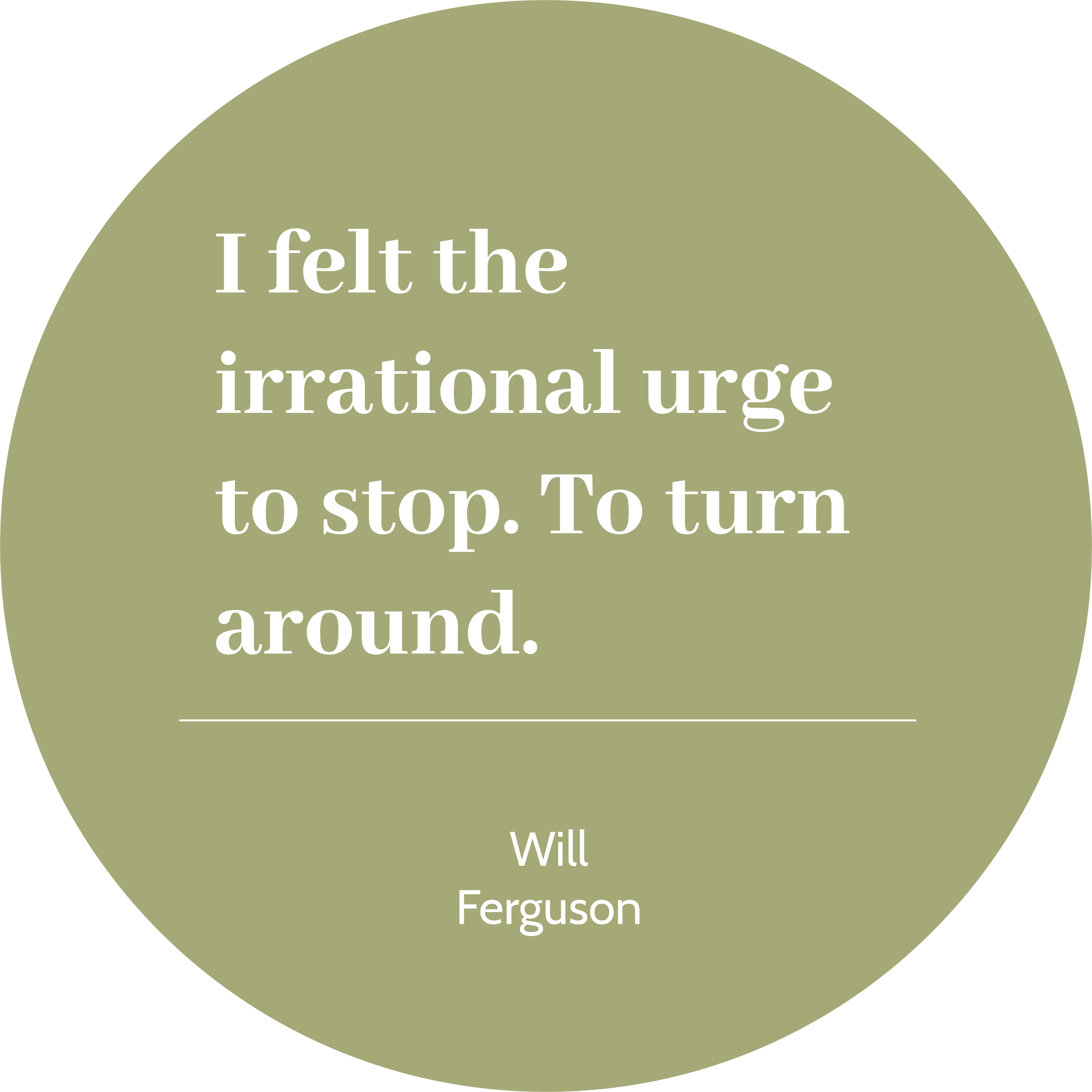I never made it out to that island. I really really wanted to, my guidebook made it sound so easy and lovely but it didn’t work out.
I probably should’ve done more research but the impulsive side of me won. I was busy trying to keep up with coursework and didn’t have time to piece it together.
Excuses.
I feel stupid, like I failed, like I’m wasting time. I came all this way and I didn’t make it to that island. I decided not to go.
I swapped maybe not making it to hikes via shoddy infrequent bus service for hiding in cafes from the rain. I generally have been longing for that, wanting to sit and read. I got through 50 pages of a book on plants. All things considered it was a good day.
Still I can’t help but feel like I screwed up, like this long shot off the beaten path plan was always stupid, like I need to stop trying to do this because it just ends with me frustrated.
I’m looking out over the sea, from a harbour, wind that smell, the view of where that overly expensive early morning ferry would’ve gone. A couple hours on the water to an island.
I love these remote islands. They pull me.
As stupid as I feel I can’t deny that I love the sea.
This town is nice. It’s so cute I could pinch it’s checks. Everything I’ve eaten has been delicious and a good price.
I know I’m too hard on myself, that this is what travel means, you can’t control the weather, guidebooks aren’t always reliable. I know still I’m beating myself up instead of enjoying the break.
If I want to travel to these remote islands I need to start driving again, an unfortunate reality of car culture. Anxiety can be worked on and overcome I just have to decide whether it’s worth it. Then there’s the matter of my back and wrist. Can they take driving? I haven’t asked that question of them since everything got bad. I do know that steering wheels are up there in thing a that prompt pain in my arm. Is it worth the time and money to work on that pain? For the mobility that comes with wheels? Rarely do I see value in autonomous vehicles but for rural transportation they seem appealing. I’d definitely take advantage.
I like the breeze and the wind. I like that I came somewhere further and different. I like this town. Maybe it’ll clear tomorrow and I can go to the volcano. I can move and do and feel like I have something to show for my travels.
